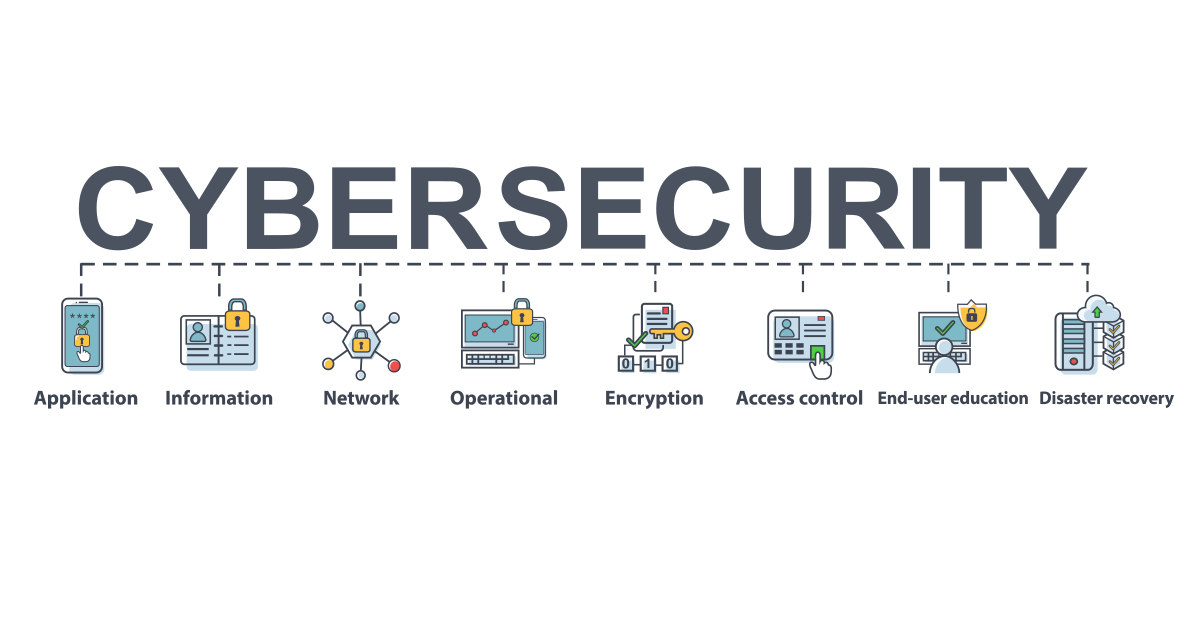cybersecurity training for Dummies
cybersecurity training for Dummies
Blog Article

1. Data violations: Fintech firms handle delicate economic info, making them a prime target for cybercriminals. A single data breach can compromise millions of individuals' personal and financial information, bring about extreme repercussions.
2. Repayment fraud: Fraudsters make use of advanced methods to manipulate settlement systems, triggering monetary losses for both consumers and organizations. Stopping repayment fraud calls for innovative safety steps and consistent tracking.
3. Compliance: Fintech firms need to adhere to numerous monetary regulations, such as GDPR, PCI-DSS, and AML/KYC. Guaranteeing conformity can be a complicated and time-consuming procedure, but failing to do so can lead to hefty penalties and reputational damage.
4. Not enough safety measures: Fintech firms typically focus on speed and technology over safety, leading to inadequate defense against cyber hazards. This can expose customers' data and monetary information to considerable threats.
Fintech software application growth must attend to these cybersecurity challenges to shield customers' rate of interests and keep public trust. }
The monetary modern technology sector is going through a substantial makeover, introducing novel techniques to taking care of finances. Nevertheless, the quick development comes up with fresh barriers, particularly in the world of cybersecurity. These obstacles pose issues concerning the reliability and safety and security of financial systems and may undermine your track record as a credible fintech copyright. Learn more at
In this blog post, we're exploring the 4 cybersecurity dangers dealt with by the fintech market and suggest methods on exactly how to alleviate them.
"Cybersecurity Threats Evolve"
A malware attack refers to any destructive software program planned to damage a individual's computer or server. These hazardous programs are produced and distributed by cybercriminals for various motives, with the usual objective of taking personal, financial, or organization information.
Ransomware, a kind of destructive software, continues to be the most report from Statista revealed that in 2023, 72% of organizations experienced a ransomware assault. Wondering how to stay secure? Right here are a few recommended protection methods.
Make certain to routinely upgrade your computer and software, utilize a trusted anti-virus program, and prevent clicking links from strange sources.
On the one hand, the rapid fostering of emerging innovations such as blockchain, artificial intelligence (AI), and IoT ( Net of Things) opens brand-new horizons to fintech. On the other hand, it brings brand-new security worries to the table. For instance, AI-powered systems can be made use of to discover susceptabilities in networks and systems. IoT assaults target Net of Things systems-- things embedded with software that enables them to accumulate and store information. While the risk of IoT assaults can be minimized by selecting protected tools, AI-powered assaults require a much more intricate method:
Apply a multi-faceted protection strategy;
Give normal training for workers on safety finest methods;
Utilize advanced AI-powered security solutions to enhance defense versus expert hazards.
A fintech company's biggest risk can come from within. Workers or professionals with certified accessibility to sensitive information or systems can position a significant threat, known as expert risks. These threats can be deliberate, where sensitive details is stolen and marketed intentionally, or unintentional, where personal information is mistakenly subjected, creating damage to the company. Efficient strategies to alleviate expert risks consist of executing durable access controls, checking individual actions, offering regular training and recognition programs, and carrying out event feedback prepares to resolve potential protection breaches.
audit of your group's access opportunities;
implementation of password security plans;
education of your team on just how not to become the sufferers of phishing.
Third-Party Vendors
Numerous fintech business rely upon third-party service providers for solutions like settlement handling or information storage. Such reliance on outside suppliers in fintech software development can introduce multiple methods for cyberattacks. Fintech companies should carry out thorough due diligence on third-party vendors they accept, consisting of history checks and security assessments, to ensure they have tight safety actions in position.
Finally, while the fintech industry is obtaining worldwide adoption, hackers never ever sleep, making cybersecurity a leading challenge cybersecurity degree in fintech software growth.
S-PRO, a forward-thinking software advancement firm, focuses on the integration of innovative safety and security remedies in its fintech jobs to guard the rate of interests of both its customers and end-users, offering them with excellent defense versus cyber attacks. Report this page